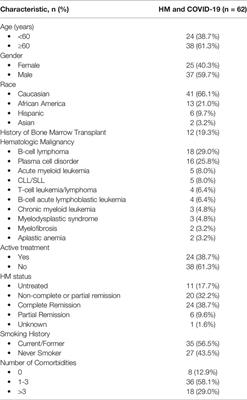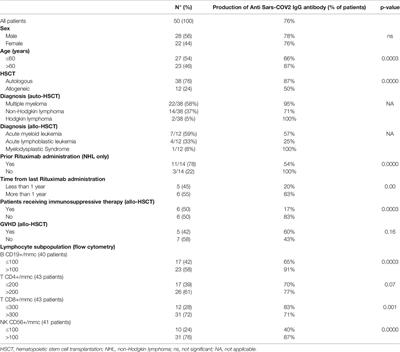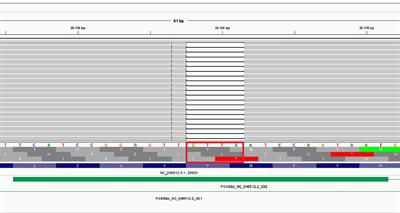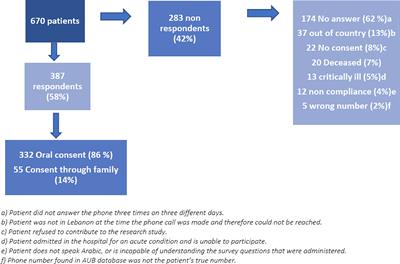EDITORIAL
Published on 10 Oct 2022
Editorial: COVID-19 and hematological malignancies: Volume II
doi 10.3389/fonc.2022.1044582
- 847 views
5,704
Total downloads
19k
Total views and downloads
EDITORIAL
Published on 10 Oct 2022
BRIEF RESEARCH REPORT
Published on 07 Jul 2022

BRIEF RESEARCH REPORT
Published on 28 Oct 2021

BRIEF RESEARCH REPORT
Published on 06 Sep 2021

CASE REPORT
Published on 20 Jul 2021

CASE REPORT
Published on 14 Jul 2021

ORIGINAL RESEARCH
Published on 10 Jun 2021

ORIGINAL RESEARCH
Published on 15 Apr 2021
